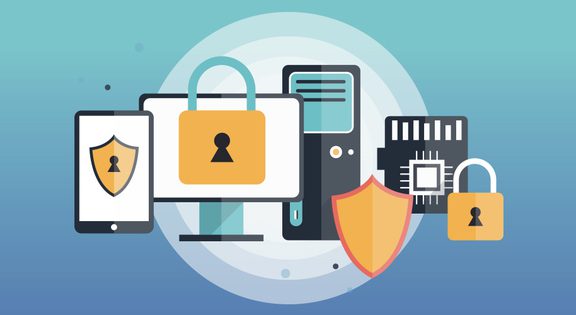

Cybersecurity: What you can do
While the Internet is a vast ground of opportunity, there are also a number of dangers lurking beyond the useful information and occasional cat video.
Hackers, using an ever-growing variety of techniques, are working hard to steal the personal information and money of whomever they can.

As 2017 is drawing to a close we here at Inlea have been analysing the Cyber Security Breaches Survey conducted by The Office for National Statistics to share with you the top stats from 2017 and what you can do to protect yourself from these in the future.
Here are some of the top statistics that we pulled from the survey:
- 65% of large companies witness a cyber security breach or attack within the last year.
- The average security breach costs a large firm £36,500
- The most common breaches found were virus/spyware/malware, which accounted for 68% of all breaches that occurred with the remaining 32% being through the impersonation of accounts.
- There were also an estimated 5.6 million cases of fraud and computer misuse in the 12 months running up to June 2016.
- Bank account fraud is the most common form of cybercrime in the UK. 2,356,000 instances were reported in the 12 months up to June 2016.
- Computer virus is the third most common form of cybercrime, with 1.3 million instances reported in the 12 months up to June 2016.
- Hacking is the fourth most common form of cybercrime, with 681,000 instances reported during the above period.
What can you do to improve your cyber security?
Here are a few steps that you can take to practice cyber security throughout the year:
- Change your passwords. Encourage others to do the same.
- Make sure that your anti-virus software and firewalls are up-to-date. New threats are discovered everyday and keeping your software updated is one of the easiest ways to protect yourself from an attack. Set your computer to automatically update for you.
- Print and post cyber security tips near your computer. Review them with your family.
- Use regular communications – newsletters, email alerts, websites, etc. to increase awareness on issues like updating software processes; protecting personal identifiable information; and securing your wireless network.
- Back up important files. If you have important files stored on your computer, copy them onto a removable disc, and store it in a safe place.
26/12/2017

